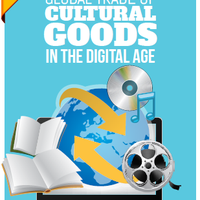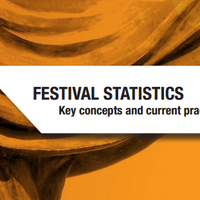UNESCO study on measuring the economic contribution of cultural industries

The UNESCO Institute for Statistics (UIS) has published a handbook with an overview of current methods used in different countries worldwide to measure the contribution of cultural industries to the economy. The study is a free download.
Cultural industries are becoming important components of today’s economy, propelling innovation and development. Evidence suggests that cultural industries, which can encompass everything from the performing arts and museums to film production and video games, contribute to gross domestic product and employment, and can improve a country’s foreign trade position and competitiveness.
In Germany, enterprise from cultural and creative industries represented 7.4% of the value added to the economy in 2009. In Mali the cultural sector contributed 2.38% to the GDP in 2006. However, there are few cross-nationally comparable statistics and methodologies to quantify the effect of these industries at the global level.
The UIS is seeking to develop new as well as complementary guidelines to measure the contribution of culture to economies, especially in the developing world where data and resources are limited.
To this end, the study provides an exhaustive literature review of current methodologies. It compares several approaches, highlighting their strengths and weaknesses. The report offers an important resource for governments interested in measuring the economic contribution of cultural industries in their countries.
The material presented in the study will serve to support the development of a methodological handbook on measuring the contribution of the culture sector.
Similar content
posted on
05 Apr 2013
posted on
14 Mar 2016
posted on
09 Apr 2015
posted on
03 Dec 2019
deadline
15 May 2018





